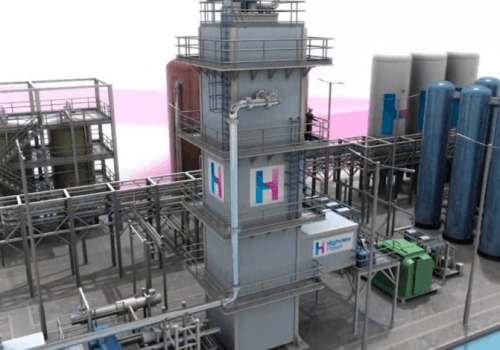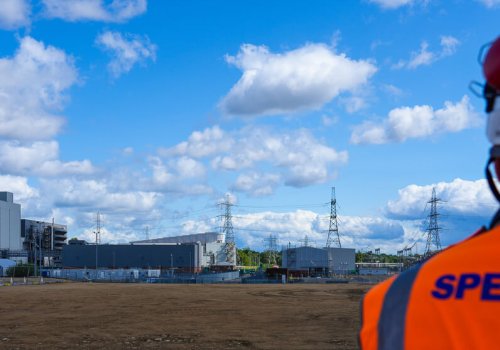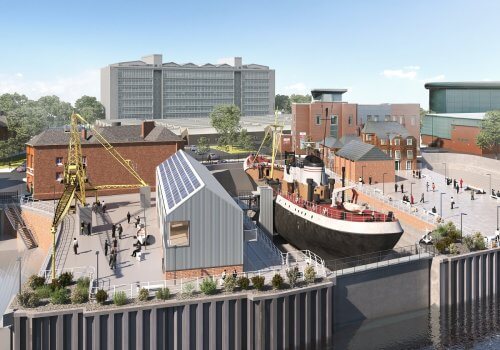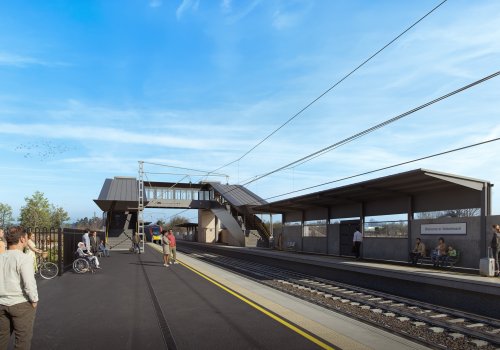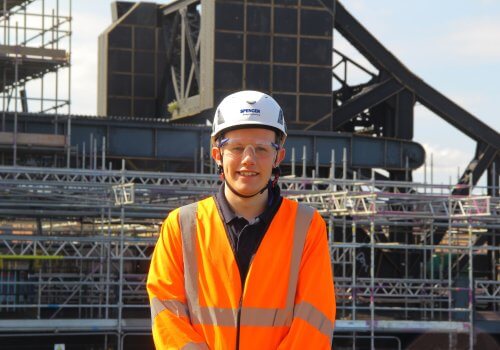Transport Secretary Patrick McLoughlin has praised Spencer Group for its work to improve transport in West Yorkshire.
As part of a visit to a number of sites in the region, the minister visited Apperley Bridge in Bradford where Spencer is building a brand new rail station
The multi-million pound station, which forms part of the West Yorkshire Rail Growth (WYRG) portfolio of projects, is one of two proposed new stations on the Leeds-Bradford line. When complete next August, it will be served by two trains every hour.
Dave Taylor, project director at Spencer Group, said: “It was great to have Patrick McLoughlin on site and taking an interest in the works we are delivering at Apperley Bridge. He provided us with some positive feedback on the project and we are now looking forward to starting the main phase of the works and opening the station to the public.”
The new station will include a new access road off Apperley Lane, a pick-up and drop-off point, 300-space car park, fully-accessible platforms with staircases and ramps, CCTV surveillance, passenger information displays and public address system, secure cycle parking and shelters.
Mr McLoughlin said: “We are investing billions in infrastructure improvements that will help secure long-term economic growth across the country. Today (November 17, 2014) in West Yorkshire I have seen first-hand transport projects ranging from road schemes to new and improved train stations, from new cycleways to community bus services. These transport projects will help connect communities and businesses, create jobs and make it easier for people to get around.”
Spencer Group has already delivered the first part of the WYRG scheme, James Cook Hospital Station in Middlesbrough, which was opened in July. Spencer is also tasked with delivering Kirkstall Forge, the final part of the programme which is expected to get underway towards the end of 2014.
WYRG was granted ‘Programme Entry Status’ by the Department for Transport (DfT) in December 2011. The DfT will provide a maximum of £10.3m towards the £16.9m scheme.
The remaining 40 per cent of the cost is made up of a local funding contribution which includes a private sector contribution of more than £5m, supplemented by West Yorkshire Combined Authority (WYCA) funding.

